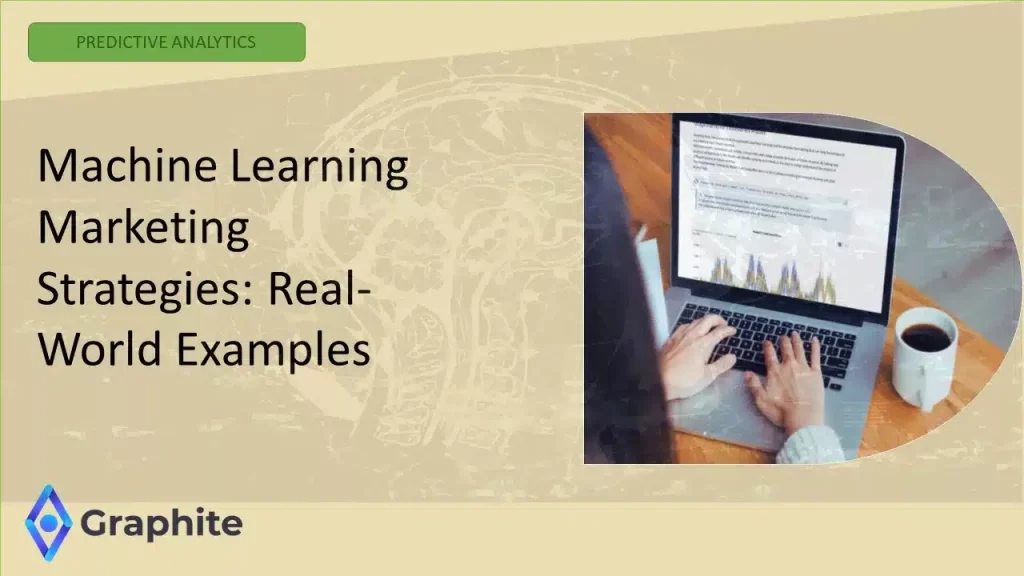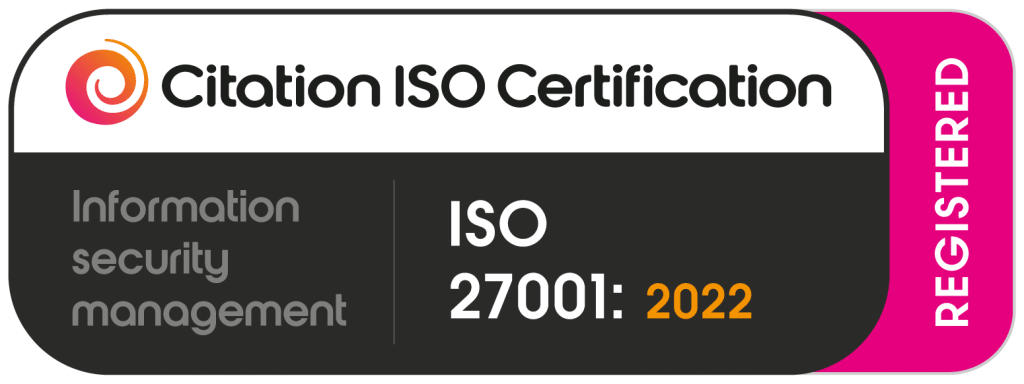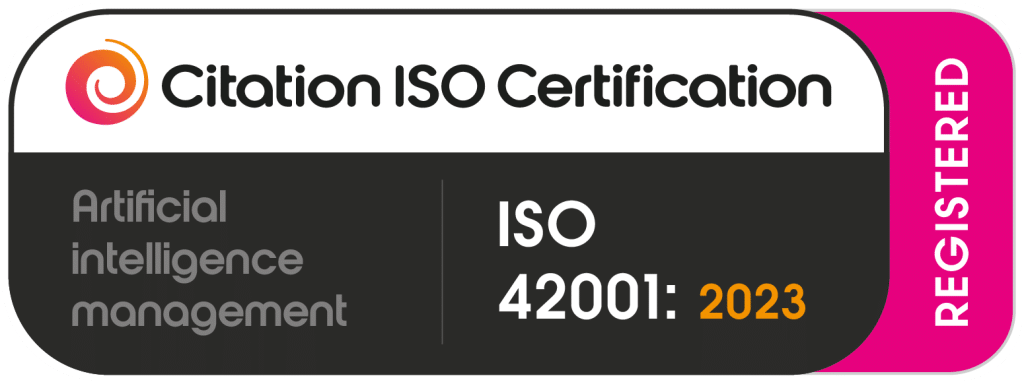Machine Learning Marketing: Real World Examples
Machine learning has emerged as a powerful tool. Machine learning helps you shape your marketing strategies and enhance customer engagement. Graphite Note is an innovative machine learning software. Graphite Note empowers you to make better decisions and optimize your marketing efforts.
Understanding Machine Learning in Marketing
Machine learning tools in marketing use advanced machine learning algorithms. The algorithms analyze vast amounts of customer data, predict consumer behavior, and personalize marketing campaigns. Machine learning helps you shape and design an effective marketing strategy. Machine learning goes beyond traditional marketing analytics. Machine learning uses predictive modeling and artificial intelligence to uncover insights that drive more effective marketing strategies.
The Power of Graphite Note
Graphite Note is a comprehensive machine learning tool. Graphite Note combines the strengths of predictive analytics with generative AI capabilities. Its user-friendly interface makes it accessible to marketing teams without data science backgrounds. Graphite Note uses machine learning models and Natural Language Processing (NLP). These analyze customer behavior and generate actionable insights.
Marketing Use Cases for Graphite Note
Graphite Note empowers your marketing team to create an effective marketing strategy. No matter your marketing tasks, Graphite Note can help. Graphite Note helps you answer big questions about your marketing campaigns.
These could be questions like:
- Will this email marketing campaign attract a revenue boost of 20%?
- How do our Google Analytics help us plan better Google Ads campaigns?
- How can our marketing resonate better with our customer base?
- Is the right message getting to the right customer?
Customer Segmentation and Personalization
One of the key machine learning applications in marketing is customer segmentation. Graphite Note’s advanced algorithms can analyze past behavior and customer preferences. These are used to create detailed customer segments. This enables you to craft personalized marketing campaigns that resonate with individual customers. More effective marketing leads to higher customer engagement and improved conversion rates.
Lead Scoring and Customer Lifetime Value
Graphite Note excels in lead scoring. Graphite Note uses ML algorithms to identify the most promising prospects. Graphite Note analyzes factors like website interactions and purchase history. Graphite Note can predict which leads are most likely to convert. Graphite Note can also calculate customer lifetime value. Graphite Note helps you focus your resources on the right customers.
Content Creation and Ad Optimization
Machine learning technologies supercharge your content creation and advertising campaigns. Graphite Note can analyze the performance of ad copy and landing pages. Graphite Note provides you with key insights to optimize conversion rates. Graphite Note’s NLP capabilities can also assist in content creation. This helps you ensure marketing messages resonate with your target audiences.
Enhancing Customer Experience
Graphite Note’s machine learning applications extend beyond marketing to improve your customer experience. Its recommendation systems can suggest products or services. These are based on customer preferences and past behavior. The software’s sentiment analysis capabilities can gauge customer satisfaction across various touchpoints. These include social media and customer service interactions.
Data Privacy and Ethical Considerations
Machine learning marketing relies heavily on customer data. Graphite Note prioritizes data privacy. Graphite Note helps you navigate the complexities of first-party and third-party data usage. Graphite Note ensures compliance with data protection regulations while enabling you to use big data for marketing insights.
The Future of Marketing with Machine Learning
Machine learning marketing will continue to evolve. Advanced machine learning techniques like image recognition and more sophisticated natural language processing will open up new possibilities for personalized marketing and customer engagement.
Conclusion
Machine learning marketing, powered by tools like Graphite Note, is transforming the marketing industry. Using the power of predictive analytics, artificial intelligence, and machine learning algorithms, you can create more effective marketing strategies, enhance customer experiences, and drive better results. As machine learning technologies continue to advance, the potential for innovation in digital marketing is boundless, promising a future where marketing efforts are more targeted, efficient, and effective than ever before.





